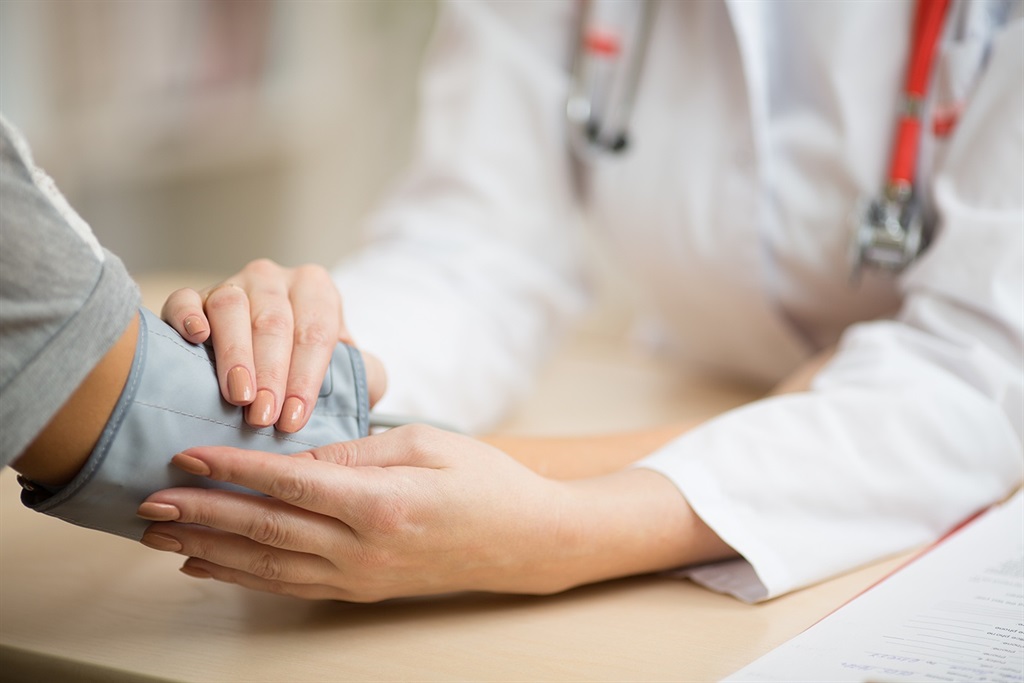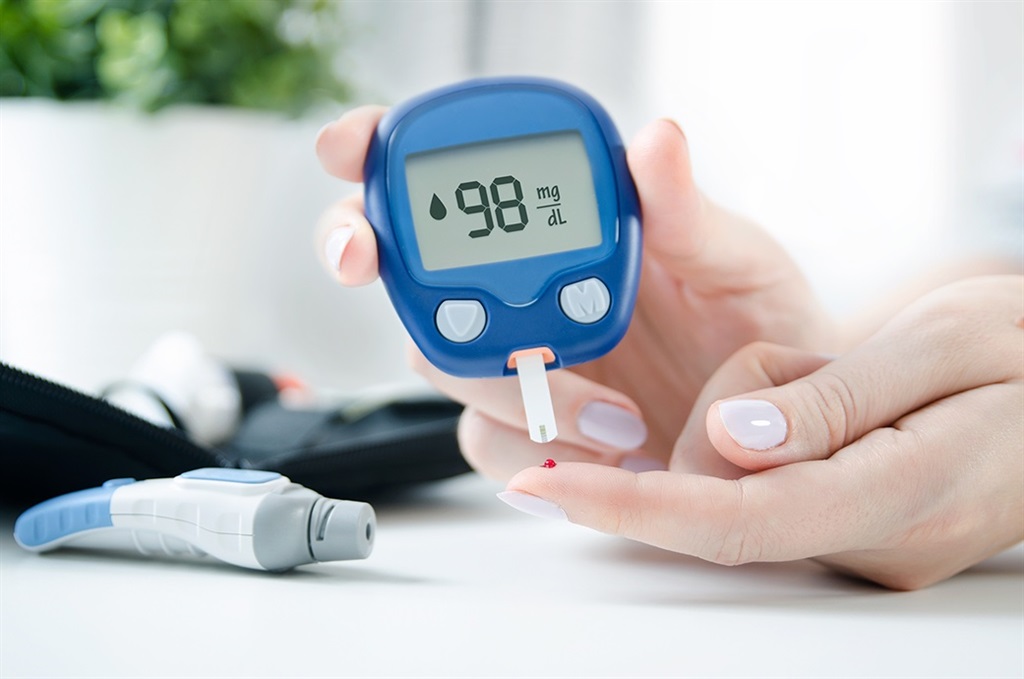
When it comes to healthcare, the focus has moved to preventative managed care and particularly, health checks and screenings. These include tests carried out by a medical doctor to check for diseases and health conditions, even before you may have any symptoms. By detecting diseases early on they are often easier to treat.
The clinical team at Bonitas Medical Fund, talks about the most important check-ups for women.
Breast cancer
From the age of 18 you should do regular self-examination of your breasts, if you see or feel any changes, consult your doctor immediately. Early detection increases the chance of survival and can save your life.
Some doctors recommend having a mammogram every two years from the age of 40, others believe you only need to start at 50 years of age. A mammogram is a low-dose X-ray which radiologists analyse to look for changes in breast tissue.
Although the greatest risk for breast cancer is age, women can get breast cancer from a very early age. Genetics also play a role in determining if you are at risk for breast cancer. Having a first-degree relative (mother, sister or daughter) with breast cancer almost doubles a woman's risk. Having two first-degree relatives increases her risk 3-fold. Breast cancer can affect men too, so women with a father or brother who has had breast cancer have a higher risk of breast cancer.
Cervical cancer
South Africa has a high rate of cervical cancer which has been attributed to the fact that not enough women are screened regularly. Screening can detect early changes in the cervix which can be treated and save your life.
- Pap test (pap smear) which looks for cell changes (pre-cancers) in the cervix that may progress to cancer if not treated.
- The Human Papillomavirus (HPV) test looks for the virus that causes most cervical cancers
- It is recommended that between the ages of 21 and 65, women should have a pap smear every two years and, from the age of 30 onwards, a pap smear and HPV test can be done every 5 years
A vaccine has been developed to protect women from getting HPV. It is administered free of charge, annually, to girls between Grade 4 and 7 (9 to 12 years of age) in all government schools. The HPV vaccination can be a cost-effective strategy in lowering the cervical cancer risk among women in South Africa.
HIV/AIDS
It is a misconception that men predominantly become infected with HIV/AIDS. Studies show that women are getting infected at a faster rate, particularly in developing countries and are both infected more and suffer more, than men. It is advisable for women to have an HIV test annually.
Bone Density
As you age, your bones become thinner and weaker. Over time this can lead to a condition called osteoporosis. If you’re aged 65 or older a bone density test is recommended, which is covered by Bonitas.
Called a DEXA scan, the frequency of this screening varies depending on your bone density and other risk factors.
- Broke a bone in the past
- Have taken steroids for a long time
- Have rheumatoid arthritis
- Are underweight
- Have a parent who has broken a hip after a minor injury
Treatment for osteoporosis is readily available, ask your doctor.
Colorectal cancer screening
These tests look for cancer in the colon or rectum by checking for tissue growths, called polyps. If you don't have an elevated risk for cancer, then you should start having these tests when you turn 45. A colonoscopy, where the doctor looks at your entire colon, should be done every 3-10 years depending on what is found during your exam.
A Faecal Immunochemical Test (FIT) should happen annually. The FIT is also a screening test for colon cancer which tests for hidden blood in the stool, which can be an early sign of cancer.
Skin checks
Skin cancer is caused by the abnormal growth of skin cells - usually on the skin that has been exposed to the sun but not always. There are three major types of skin cancer: Basal cell carcinoma, squamous cell carcinoma and melanoma.
Examine your skin carefully at least once a month and, if you are prone to getting lots of moles, go to a dermatologist and have the moles ‘mapped.’ If skin cancers are found early and treated, they are almost always curable.
If you have a history of skin cancer in your family, have your skin checked regularly by a doctor.
Non-communicable diseases (NCDs)
Known as lifestyle diseases, NCDs pose some of the biggest threats to the health of South Africans. They are a result of the way we live, combined with genetic, physiological, environmental and behavioural factors.
The most common are hypertension (or high blood pressure), diabetes, mental health and obesity. It is imperative to have regular or annual checkups as recommended by your doctor.
Weight and BMI
Almost 70% of women in South Africa are overweight or obese. The Body Mass Indicator (BMI) is used to check if you are a healthy weight.
- Divide your weight in kilograms (kg) by your height in metres (m)
- Then divide the answer by your height again
- Underweight is less than 18.5 and over 30 is considered obese
Diabetes
With over 4.6 million people in South Africa living with diabetes, it’s important to check your blood glucose. There are two main types of diabetes: Type 1 and Type 2. They are different conditions but are both serious and need to be treated and managed properly.
One of the biggest problems with diabetes is when it remains undiagnosed. This can lead to blindness, heart attack/stroke, kidney failure, impotence and amputation, so it’s vital to be checked frequently.
Blood pressure
Hypertension (high blood pressure) is when blood pressure stays elevated over time. It is often referred to as the ‘silent killer’ since nearly 33% of people who have it, don’t know it.
If your blood pressure is too high, it puts extra strain on your arteries (and your heart) and if it’s not treated, hypertension can cause kidney failure, eye problems, stroke and heart disease.
Remember early detection of any of these conditions can save your life, so remember to go for regular check-ups with your doctor.
This post and content is sponsored, written and produced by Bonitas.




 Publications
Publications
 Partners
Partners













